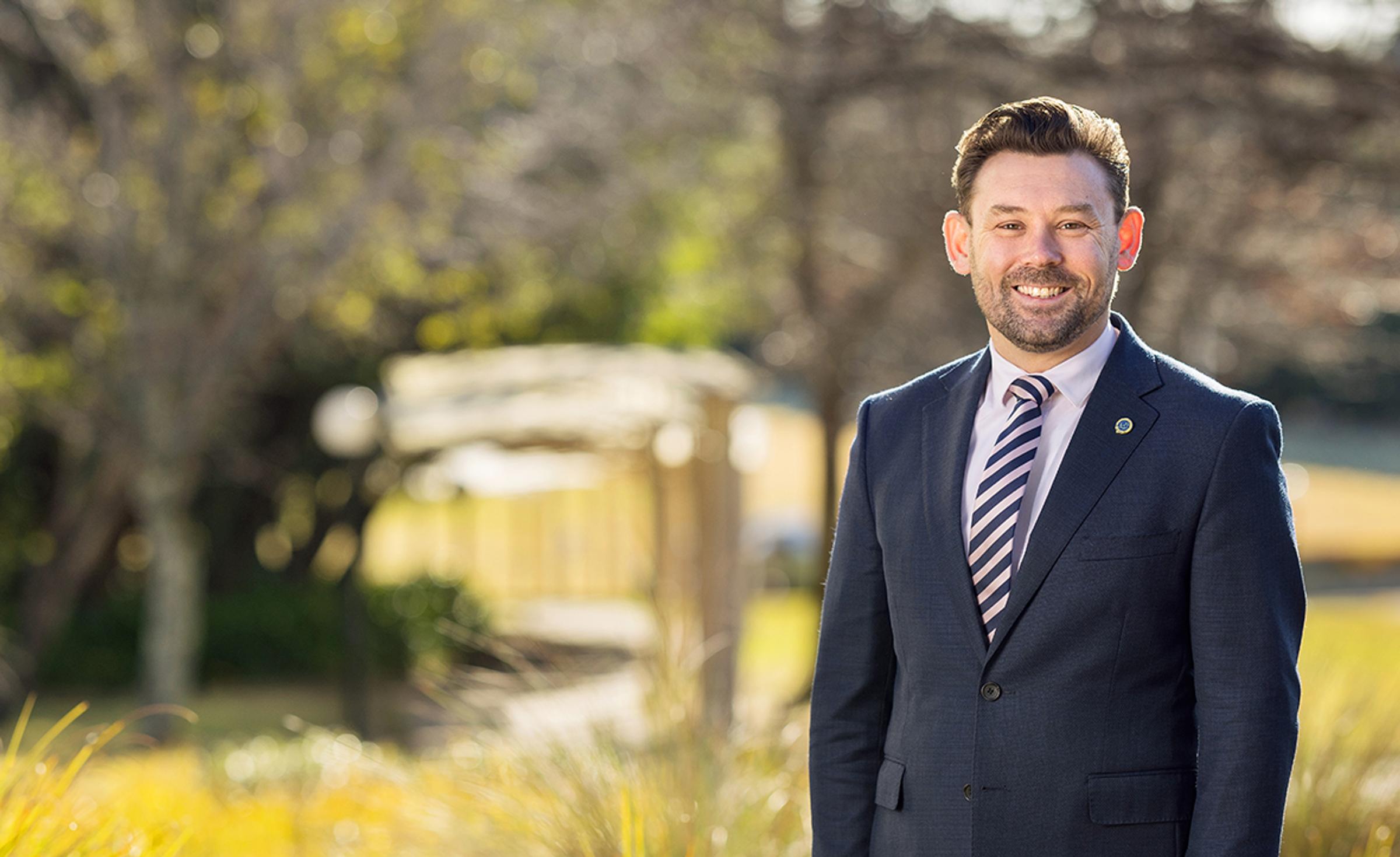From the Director of Innovative Pedagogies

The End of Adolescence
Teens in the 1950s. Like current teens they were accused of recklessness, laziness and ignorance.
“I used to walk 10 miles to school, in the snow, barefoot, uphill both ways in Winter!”
These are the grandiose, hyperbolic statements we can hear when people recall their childhood and schooling experiences. They are a reflection on a different time and situational context, and while perhaps said tongue-in-cheek, they are a statement about the level of challenge, responsibility and difficulty different generations have faced.
Like many in our school community, I am interested in the links between what we do at school and how it informs, and is informed by greater society and culture. As many of you would be aware, there is significant commentary from experts and the general public around the generational experiences of childhood, adolescence and the entry into adulthood, and how children are either growing up too fast or are in an extended adolescence. The extended adolescence is characterised by shirking responsibility, an ongoing fascination with ‘childlike’ activities such as gaming and comics and resistance to settling into a career.
Additionally, we hear that young people today are coddled, unaccountable and reluctant to take on appropriate responsibilities, with American clichés of living in a basement eating corn chips and living off the Bank of Mum and Dad. We are told that adolescence is a time of self-indulgence and immaturity as ‘helicopter’ and ‘snow plough’ parents set them up to be lazy and self-indulgent.
However, I think the conversation around growing up too quickly or too slowly is much more nuanced and cultural. Critiquing younger generations for their attitudes and behaviours is not new, in fact Aristotle wrote in the fourth century:
“[Young people] are high-minded because they have not yet been humbled by life, nor have they experienced the force of circumstances. They think they know everything, and are always quite sure about it.”
This same phrase is repeated in different words today about current generations.
I have recently been reading a book titled The End of Adolescence and the author, Professor Nancy Hill discusses how childhood, adolescence and adulthood are marked by situation, not by chronological age. For example, when World War One broke out, teenagers enlisted and went off to fight in the Europe. They grew up quickly as they experienced the awful losses at the Somme and other battles. Their exposure to war necessitated they mature at a rapid rate. Recent generations, however, have lived in relative peace and prosperity and this has shaped their adolescence in different ways.
In her book Nancy Hill gives five markers of adulthood. While I am not sure I agree with all five of them 100%, I see her argument behind them. Her markers are:
- Finishing your education
- Leaving home
- Finding work
- Getting married
- Having children
Compared to youth in the mid-twentieth century, today’s youth meet these markers of adulthood later. Many in the 1950’s completed all five of these markers by the time they were twenty-five. However, the context of adolescence is very different now.
Finishing Your Education
University attendance is much higher and there is not the certainty of work at the end of study. Course fees run into the tens or hundreds of thousands of dollars. This is in contrast to the 14 years of fee-free university from 1974 introduced by Gough Whitlam.
Leaving Home
The cost and availability of housing is more challenging. Staying at home for longer is socially acceptable, and even necessary for many.
Finding Work
The workplace is more dynamic and flexible with opportunities to work remotely opening up more options. For many, the idea of working at QANTAS, Bonds or Commonwealth Bank for 45 years then retiring is outdated and doesn’t take advantage of flexible work arrangements, gig-economy work etc.
Getting married
Getting married is not seen in the same way as the cost of weddings rise and we see shifts away from the religious significance of marriage. Many more people live together before getting married now. The money spent on weddings is instead put towards buying a home or travelling.
Having children
This is where I differ from Professor Hill. I think we can agree there are adults out there that do not have children, whether this is by choice, biological factors or other reasons. I am not here to make commentary around having or not having children. I hope that those who would like to have children can and do, and those that do not or cannot have children, find equal satisfaction, joy and purpose in their life.
Professor Hill notes people are having children later as careers, financial stability and the perception of needing to have children move too. Gender expectations are different, as are metrics of success in life. Travel is being seen as a form of currency and lifestyle.
With all this in mind, it is good to consider the role of schools and families in helping young people succeed. Nancy Hill argues this generation is not any less mature than the past. Nor are they necessarily more self-centered nor indulgent. Instead, today’s children and young adults need more training and expertise to succeed in a job market and culture that is more challenging and they are responding to the context they are growing up in.
To do this they need time.
For all young people there is a process of figuring things out. They need to answer questions like who am I? What do I stand for? What do I believe in? What are my values? Who are my people? This has always been the case, but in a world that is increasingly complex, this sense making process is going to take longer.
The answer to these questions will often come as young people step towards challenges and take on things they do not feel ready for. Or as they meet people that hold different views to them. Or experience loss in relationship, such as moving away from friends and family. Some of these will be difficult or even deeply challenging, but it is in the profound struggles and crises that they launch into adulthood. Development happens between struggle and mastery, when old ways become insufficient to handle new challenges and new ways must be embraced.
So, what does this mean for the adults?
Firstly, it means we must know our younger people deeply and thoroughly. What is right for one is not right for all. We need to know how much to push them and challenge them, and when to give them time to sit in the questions and figure things out for themselves.
Secondly, we need to be predictable. Children, teens, young adults and even adults need to know our values and what to expect from us. They need to know that when they ask questions and explore points of view and options, that we, as the more developed and mature ones will be able to handle their objections, queries and questions and still care for them. It would not be helpful for them to worry that they will be cared for any less for exploring points of view and new ideas.
Finally, we need to have high expectations and strong support structures. Young people need to know that we want them to succeed and grow in independence. We need to show them that we trust them and that we do not want them to remain as children forever. We need to let them sort out their own problems, let them fail and learn from it and regroup.
The shift from childhood into adolescence and then adulthood is a rite of passage and natural. While we, like Aristotle may bemoan the younger generation, we also have a role in helping them move at the right pace towards adulthood. We will bring our own perspectives and experiences to this, and their context is different to previous generations, but we should step forward together, work it out together and see the good things that are ahead for our children and young people.
Christopher Sanders
Director of Innovative Pedagogies
